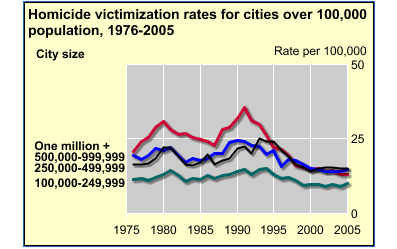D
Doggit
I'm starting to wonder if we should all take what you hear with a hypertensive, stroke inducing, bucket of salt.
God, this hurts to do this, but there was a report on the news tonight referring to the third link that JD gave. The idea is to retrofit the existing busses to cut down on the particulate emmisions using an upgraded exhaust system.
Other than that, I agree with you.



